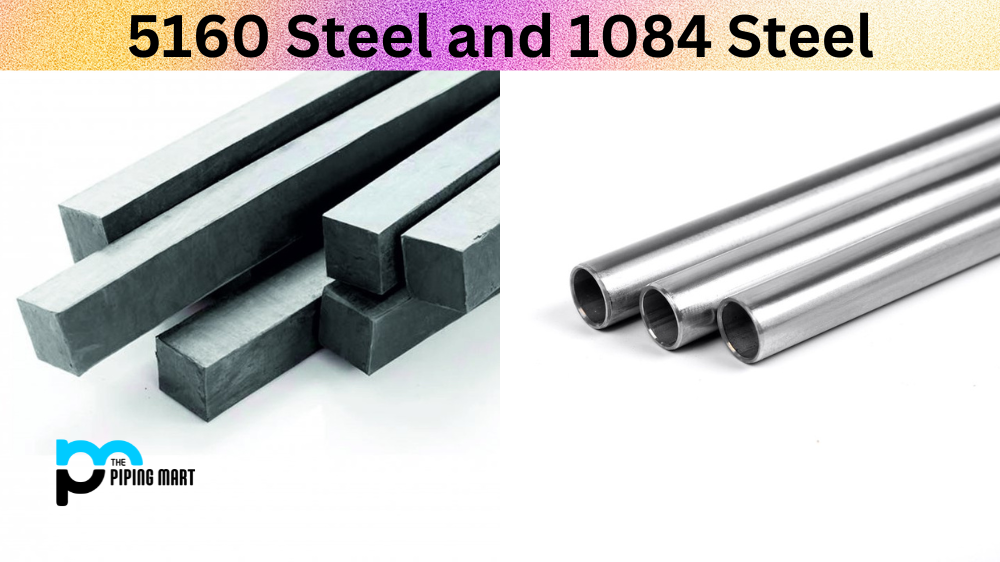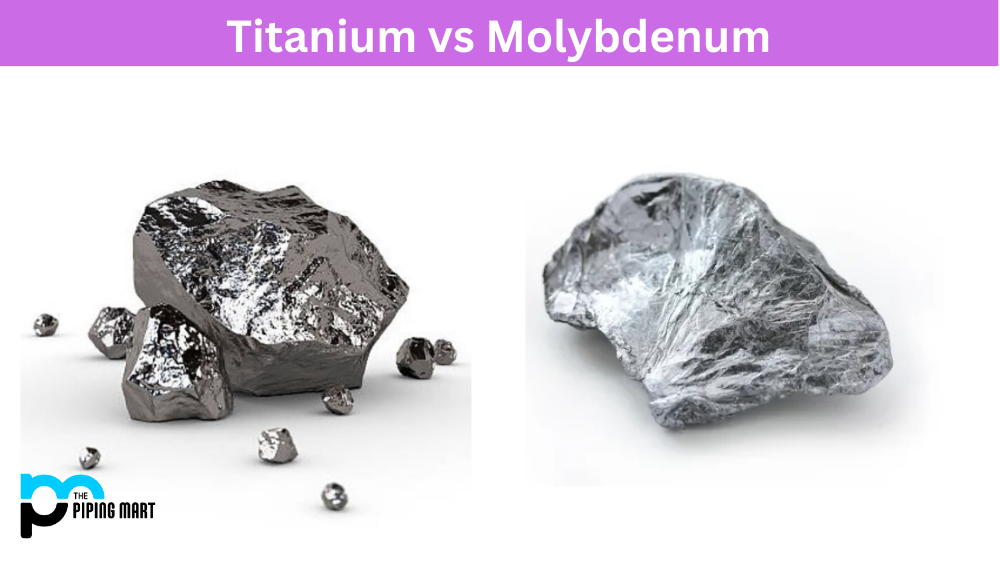Incoloy is a nickel-iron-chromium alloy with good corrosion resistance and heat resistance. It’s commonly used in industrial, chemical, and medical applications due to its ability to withstand extreme temperatures and harsh environments. While Incoloy is incredibly durable, it does require regular maintenance and cleaning to ensure it remains in top condition. Here’s how you can keep your Incoloy components looking their best.
Remove Surface Contaminants with Solvents
The first step in cleaning your Incoloy is to remove any surface contaminants such as oils, greases, or other residues using a solvent such as mineral spirits or acetone. Start by wiping down the surface with a clean cloth soaked in the solvent of your choice. If there are any stubborn stains, use an old toothbrush or soft-bristled brush to scrub them away lightly. Be sure to wear gloves when handling solvents and use them only in well-ventilated areas.
Clean Your Component With Soap & Water
Once you’ve removed all surface contaminants, it’s time to give your Incoloy component a thorough cleaning with soap and water. Fill a bucket or sink with warm water and add a mild detergent. Dip your component into the soapy water and use a sponge or soft-bristled brush to scrub away any dirt or grime that may have built up over time. Once the component is clean, rinse it with cold running water until all traces of soap residue have been removed.
Polish Your Component for Shine & Luster
To make your component look new again, it’s important to give it a good polish before putting it back into service. The best way to do this is by using an automotive polishing compound designed explicitly for metals like Incoloy. Apply the compound evenly across the component’s surface using circular motions. Then, let it sit for 5-10 minutes before buffing off with a clean microfiber cloth until the desired shine has been achieved.
Conclusion:
Cleaning and maintaining your Incoloy components will help ensure they remain in top condition for years to come. By following these steps—remove surface contaminants with solvents, clean thoroughly with soap & water, and polish for shine & luster—you can keep your components looking their absolute best without having to invest too much time or effort into doing so! Wear protective gear when handling chemicals such as solvents or polishing compounds, as they can be hazardous if not handled properly!

Pipingmart is a B2B portal that specializes in metal, industrial and piping items. Additionally, we share the latest information and information about materials, products and various types of grades to assist businesses that are involved in this business.




